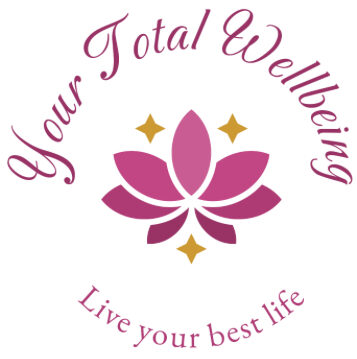My Blog
Building Resilience Skills: Navigating Life’s Challenges with Strength and Adaptability
In the face of adversity, individuals with strong resilience skills possess the ability to bounce back, adapt, and thrive. Resilience is a critical psychological skill that enables people to navigate through life’s challenges, setbacks, and stressors effectively. Cultivating resilience skills can empower individuals to maintain a positive outlook, cope with difficulties, and emerge stronger from adverse experiences. This article explores the importance of resilience skills and offers practical strategies to enhance one’s resilience, backed by scientific research.
Developing Emotional Awareness
Emotions are the glue that gives meaning to life, connecting us to other people.
They are the foundation of our ability to understand ourselves and relate to others. When we are aware and in control of our emotions, we can think clearly and creatively; manage stress and challenges; communicate well with others; and display trust, empathy, and confidence.
But lose control of our emotions, and we’ll spin into confusion, isolation, and negativity.
Emotional awareness is a skill—which means that with patience and practice, it can be learned. You develop your emotional awareness by learning how to get in touch with difficult emotions and manage uncomfortable feelings so you remain in control, rather than being overwhelmed.
Whether we’re aware of them or not, emotions are a constant presence in our lives, underlying and influencing everything we do.
Coping with Psycho-social Stressors
What are Psycho-social Stressors and how do we cope?
Stressful life events can play a significant role in the development of mental health symptoms, and the prevention of mental health issues can be partly achieved by controlling stress. People may have problems in a number of different areas, including family, work, health, finances and so on in general coping with psychosocial stressors. One important way of controlling stress is to develop skills in identifying and addressing problems that arise on a day-to-day basis.
Your Relationship with Yourself Sets the Tone …
Did you know: Your relationship with yourself sets the tone for every other relationship you have!
So what sort of relationship do you have with yourself?
Our self-esteem is what we think about ourselves.
When it’s positive, we have confidence and self-respect. We’re content with ourselves and our abilities, in who we are and our competence. Self-esteem is relatively stable, though it can fluctuate. Healthy self-esteem makes us resilient and hopeful about life.
Parental Alienation
Separation and divorce can put enormous pressure on families, especially families with young children. Parental alienation occurs when one parent attempts to eradicate the relationship between the children and the other parent, and it makes the difficulty of separation even worse.
Tips for Dealing with Anxiety
It is normal to be anxious from time to time.
Whether it’s something such as waiting to go into a job interview or an undefined fear about something unknown coming around the corner, anxious thoughts and feelings are a predictable and appropriate response.
However, what if your anxiety becomes relentless or overwhelming, or doesn’t seem to have a cause? In cases like these, when anxiety no longer seems like a reasonable response and your well-being is at risk, you need to take action.
